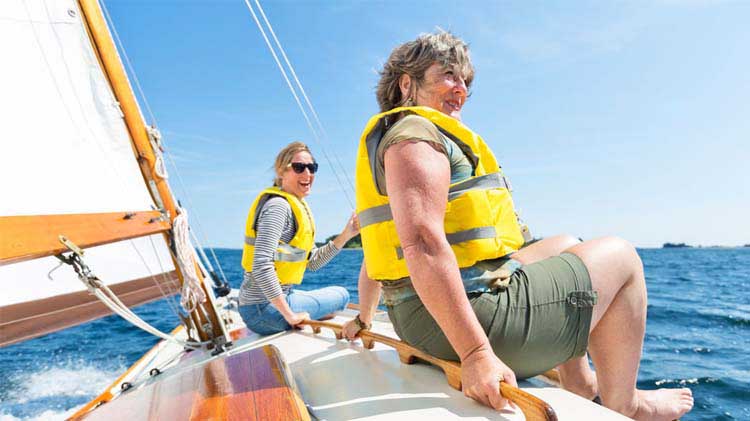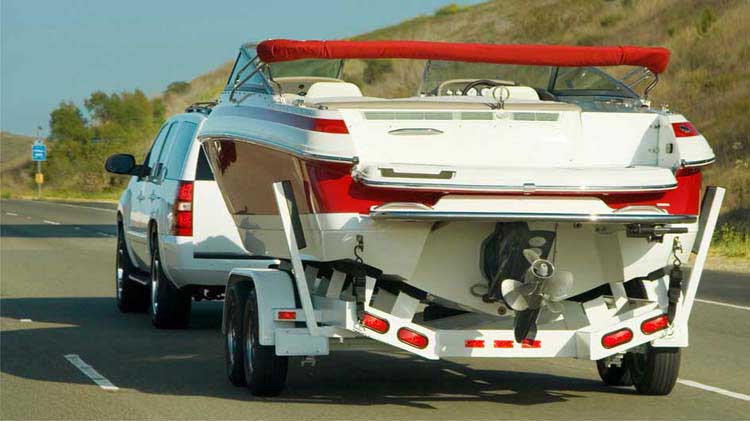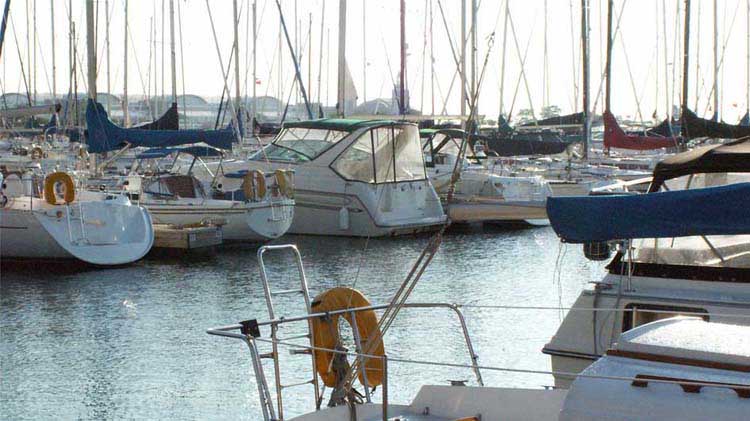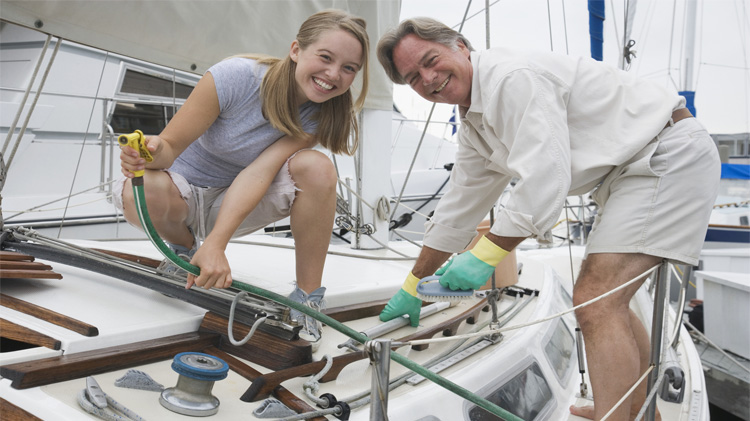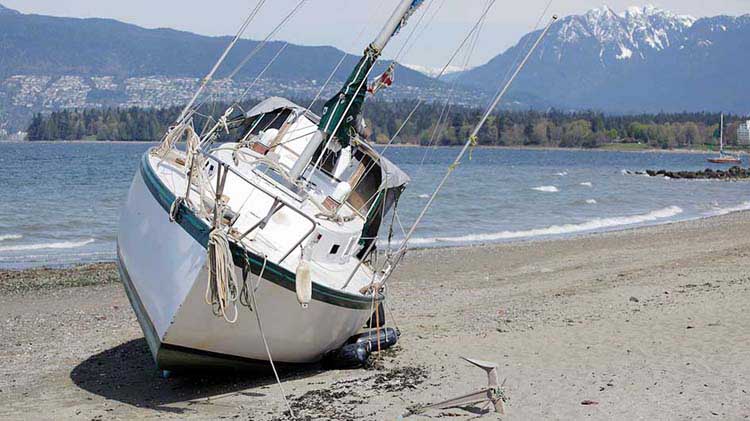Boating safety tips
Help stay safe on the water by being prepared with these boat safety tips.
Whether using a boat for fishing, swimming, water skiing or just cruising with your family and friends — it's important to familiarize yourself with the rules, requirements and recommendations of boating safety. Regardless of experience, consider reviewing the following boating basics before you set out on a watercraft.
Get your boat checked
Before you get on the water, see that your boat is seaworthy by scheduling a U.S. Coast Guard Vessel Safety Check. This courtesy evaluation is a free and convenient way to check your boat's compliance with state and federal boating equipment regulations. And don't forget to inspect your boat trailer as well.
Have an agent contact me
with a quote
Take an approved boat safety course
There are plenty of good reasons to be an educated boat operator. Chief among them: safety. According to the U.S. Coast Guard, 75% of deaths occurred on boats where the operator did not receive boating safety instruction. The knowledge gained from these courses can help save lives and help reduce injuries and property damage.
In the United States, 36 states require operators to take an approved boating safety course as part of their boat licensing or safety certification process. A boat safety course will teach basic marine operation, navigation and safety, as well as federal and state boating regulations and waterway rules.
Know the boating rules of the water
Just like when driving a car there are rules of the road, driving a boat brings its own set of rules. Here are some examples.
- When two motorized vessels look to cross in the water, the give-way vessel (the boat that has the other boat on its starboard/right side) should slow down and/or cross behind the stand-on vessel (the boat that must maintain its course and has the right of way).
- When overtaking another boat (coming from behind and passing), the give-way vessel can pass on either side of the stand-on vessel.
- Boaters have a responsibility to operate their vessel at a safe and controlled speed for the situation.
- Avoid boating too close to other boats.
- Do NOT operate a boat while under the influence of alcohol or drugs.
Be prepared with a boat safety equipment checklist
You can't always prevent emergencies on the water, but you can be equipped to deal with them effectively. The U.S. Coast Guard suggests you have the following items on your boat:
- U.S. Coast Guard-approved life jackets (in the appropriate type and size for each person on board)
- Fire extinguishers
- Distress signals and sound devices (flares, orange flag, mirror, air horn, whistle)
- VHF radio equipment
- Charts of the local area
- Compass
- Anchor and extra line
- Tool kit for repairs
- Paddles
- Bailer or bilge pump
- Flashlight
- Spare battery
- First-aid kit
- Bucket
- Food and water
- Additional clothing (such as warm clothes, a hat and severe weather gear)
- Personal items (sunscreen, medicines, sunglasses)
Consider these boating basics
- Be aware of the weather - Consult local forecasts before heading out, especially during hurricane season. If you hear thunder or see storm clouds and lightning while boating, return to dry land and seek shelter as soon as you can.
- Dress for the water temperature (not the air temperature) - Individuals boating during colder-weather months should remember that cold water can be dangerous.
- Appoint an assistant skipper - Don't be the only person on your boat who knows how to operate the vessel and where the safety and first aid equipment is stored.
- Have communication options - In addition to a VHF radio, bring a mobile phone sealed in a water-resistant bag.
- Leave a float plan - If you're going to be on the water for a couple hours, let someone on land know where you're going and when you plan to return.
- Know the maximum capacity - Do not exceed the maximum number of people or weight for the watercraft. This information can be found on the capacity plate.
- If you can't swim, take lessons - Even a few rudimentary lessons could someday mean the difference between living and drowning.
- Use a kill switch lanyard - On power boats and personal watercrafts, this simple tether between you and the ignition key shuts the engine off if you fall overboard or lose your balance while driving — reducing the potential for harm to you or others in the water.
- Protect against propeller strikes - Account for all passengers before starting the engine, and wear your emergency cut-off switch at all times. When people are in the water, ask one person to propeller-watch. You may also want to consider propeller-safety devices, such as guards or sensors.
- Be aware of carbon monoxide - All internal combustion engines produce carbon monoxide — an odorless, colorless and poisonous gas. Poor cabin ventilation, blocked exhaust outlets and faulty equipment can contribute to the problem.
- If your boat capsizes, stay with it - Not only will it provide flotation assistance, but it's easier for rescuers to spot.
- Don't boat under the influence (BUI) - The use of alcohol was involved in about 16% of recreational boating fatalities, according to the U.S. Coast Guard in 2021.
Purchase boat insurance
Your home, your car and your boat are all investments worth protecting, and that means buying boat insurance. Contact a State Farm® agent to discuss potential discounts and your boat insurance coverage options before you put your boat in the water.
